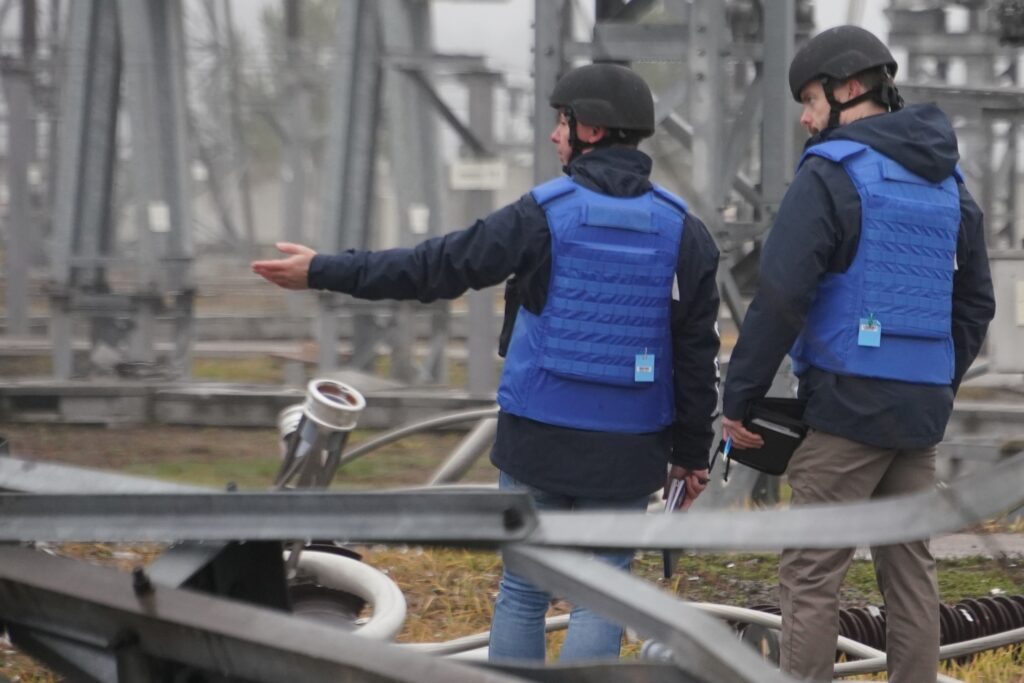The war in the US and a large-scale epidemic: futurists made a forecast for 2025
6 January 2025 19:59 PROGNOSIS
PROGNOSIS
Futurists and analysts have presented a list of “black swans” for 2025 – unpredictable and unlikely events that are not yet happening, but may begin. It was published by Politico, "Komersant Ukrainian" reports.
The largest cyberattack in history
According to the publication’s forecasts, it could disable, at least temporarily, a significant part of the world’s infrastructure. This could happen, probably for ransom or to manipulate markets.
This scenario can be realized through generative AI, which is an ideal tool for cyberattacks. It is effective in creating plausible-sounding text (e.g., phishing attacks that trick people into revealing credentials) and fake videos at virtually no cost, allowing attackers to expand their attacks.
AI generative tools are increasingly being used to create code. In some cases, these coders do not fully understand the code they write, and the automatically generated code has already been shown in some cases to create new security holes.
Secret deal to stop Iran from developing nuclear weapons
russia could convince Iran to agree to a five-year hiatus from nuclear weapons development in exchange for Israel’s refusal to attack. The United States, for its part, could persuade Israel to abandon an attack on Iran in exchange for normalizing relations with Saudi Arabia. At the same time, Putin may agree to send Iran advanced air defense systems in case of an Israeli attack.
Internal war in the United States
Donald Trump’s support for the “Greater Idaho” movement, which advocates the secession of a part of Oregon in favor of Idaho, could lead to an increase in separatist sentiment in other states and armed confrontations in the country.
Problems may arise in states such as Texas, California, and New Illinois.
A powerful outbreak of the epidemic
An outbreak of an infectious disease is predicted to occur in a small rural community that is poorly vaccinated. Initial symptoms are similar to the flu with fever, headache, muscle aches, and sore throat.
Eventually, patient zero is identified as a person who has just returned from abroad, where an outbreak of an undiagnosed disease has sickened and killed over a hundred people.
Over the next few weeks, the outbreak will spread to surrounding communities, including one major city and two other states, and the death toll will rise. Despite the reluctance to close schools and businesses, the number of people who are sick means that many are still forced to close due to lack of workers.
The US-China alliance
The publication writes that Donald Trump’s second term in office could lead to an unexpected alliance with Xi Jinping. China is facing economic challenges, such as a real estate crisis, local government debt, and an aging population. At the same time, US priorities have also changed. Trump has promised to end the war between Russia and Ukraine and reduce immigration, which could lead to a reduced labor force and higher prices for American consumers. This opens the door for negotiations and compromises between Trump and Xi Jinping.
Two-state solution between Israel and Palestine
Experts say that calling for a two-state solution is a typical option for Western leaders who complain about the conflict, but the odds against it, at least for the next year, are extremely high. Logically, this would require a new Israeli government that would sideline right-wing politicians. Israel will also have to dismantle a significant number of its West Bank settlements, as former Prime Minister Ehud Barak proposed during the Camp David talks of 2000, when President Bill Clinton almost reached a settlement and when the process was less advanced.
Financial market crash caused by disinformation
Attackers can use AI to create and spread false information about companies and financial markets. This can cause massive stock sales and market crashes, leading to economic turmoil around the world.
South Korea’s nuclear program
Seoul could announce the availability of nuclear weapons, which would change the balance of power in East Asia, as other countries such as Japan and Taiwan could also announce their nuclear programs.









